The importance of linking up with a suitable mentor for your scholarly pursuits cannot possibly be overstated. Mentors have been shown, in repeated studies, to be perhaps the most important star in the constellation of medical school experiences that new physician-scholars use to navigate towards their career goals. The EXPLORE Program and EXPLORE leaders guide students in this task through individual counseling, curated resources, and specific sessions designed to bring students into contact with potential mentors and give them controlled opportunities, in multiple settings, to learn how to establish strong mentor-mentee relationships. Below are a few tips and resources to consider when looking for a mentor.
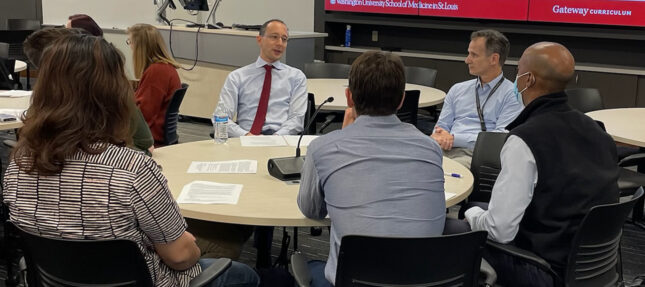
- Research potential mentors so you can truly understand their work. A good starting point is to search for Faculty using the Washington University Profiles website. Faculty members who do not have a primary designation in the medical school may not be listed in Profiles.
- Think about how faculty work aligns with your interests and goals. Many of our faculty do work that overlaps with the EXPLORE Pathways.
After you’ve done a starter search to identify potential faculty mentors, schedule a meeting with the relevant EXPLORE Pathway Lead:
- Meeting with the Pathway Leads is a critical step. The Pathway Leads will discuss your potential interests with you and will make further recommendations on faculty mentors based on this discussion.
- Find the Pathway Leads and their contact information by viewing the individual Pathway pages, or contact EXPLORE at explore@wustl.edu.
Be an active mentee; manage up!
This checklist, adapted from Zerzan et al., will help you find a mentor and establish a productive relationship.
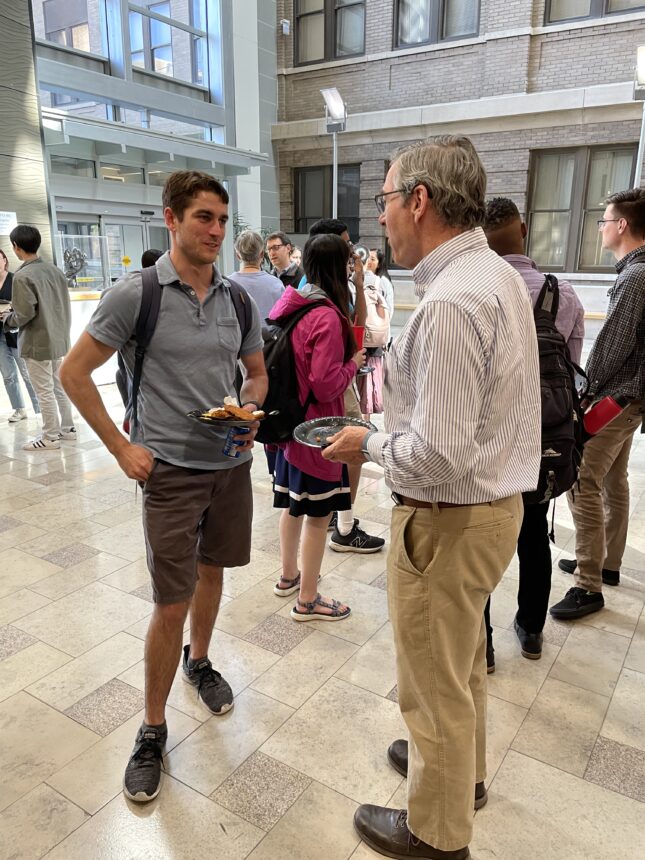
Getting Ready
- Clarify your values
- Identify your work style and habits
- Identify knowledge and skill gaps:
- Personal, Professional development, Skill development, Academic guidance, Research
- List specific opportunities sought — e.g. grant writing, presentation
- Write down goals: 3 months, 1 year, 5 years
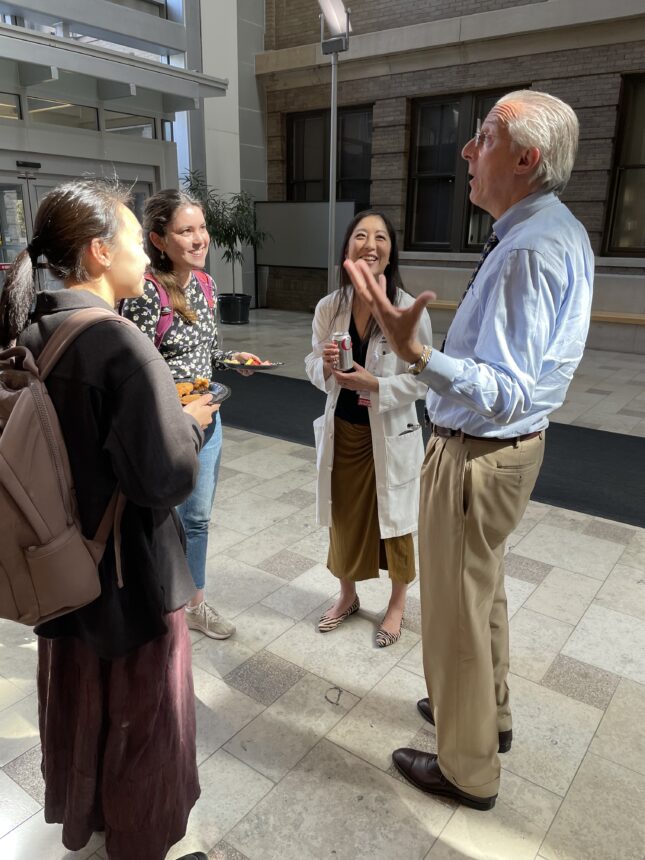
Finding a mentor… or two
- Meet with people you know
- Seek recommendations
- Ask people you meet with who else they recommend
- Be persistent
- Find multiple mentors, both junior and senior people, and remember there are several mentor “architypes” (connector, coach, etc.) that can help in non-overlapping ways
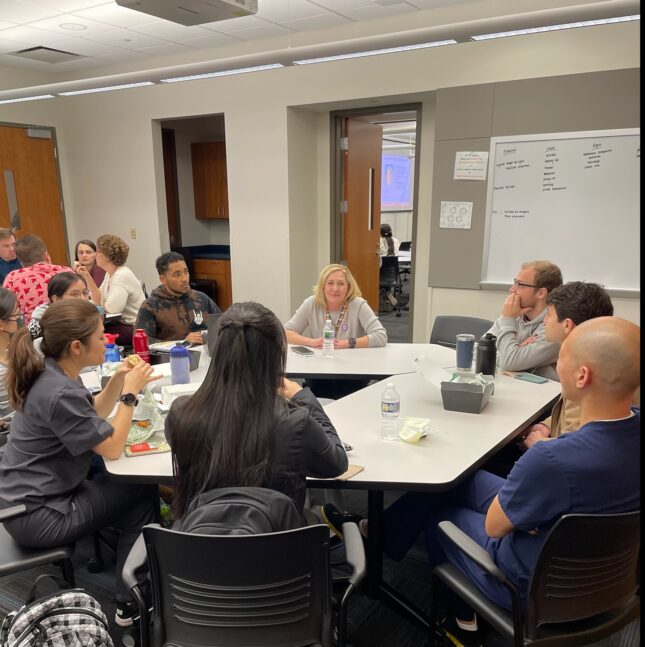
Things to look for in a mentor
- Is available and accessible
- Provides opportunities and encourages mentee to take risks
- Helps mentee develop own agenda
- Has prior mentoring experience
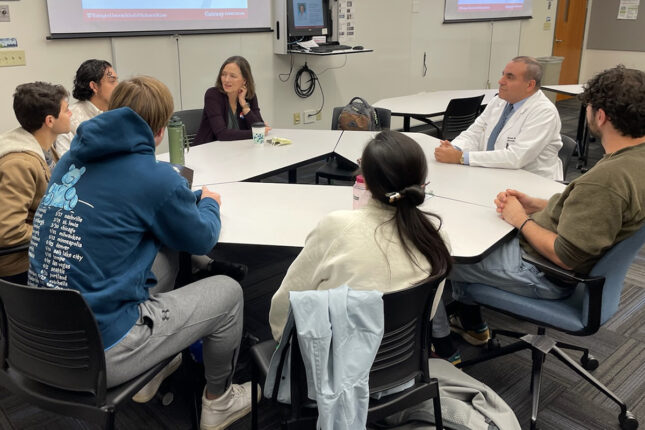
The first meeting
- Tell your mentor how he or she has already helped you
- Share your background, values, and needs
- Send a thank-you note after the meeting
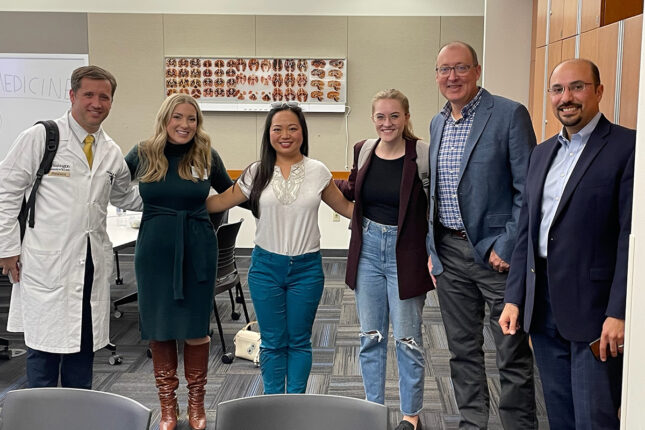
Cultivating the mentor-mentee relationship
- Agree on structure/objectives of relationship (consider establishing a formal “Mentor-Mentee Agreement”)
- Plan and set the meeting agendas
- Ask questions/Actively listen
- Follow through on assigned tasks
- Ask for feedback
- Manage up
- Set goals and expectations, Be responsive and flexible, Direct the flow of information, Follow a regular meeting schedule with agenda
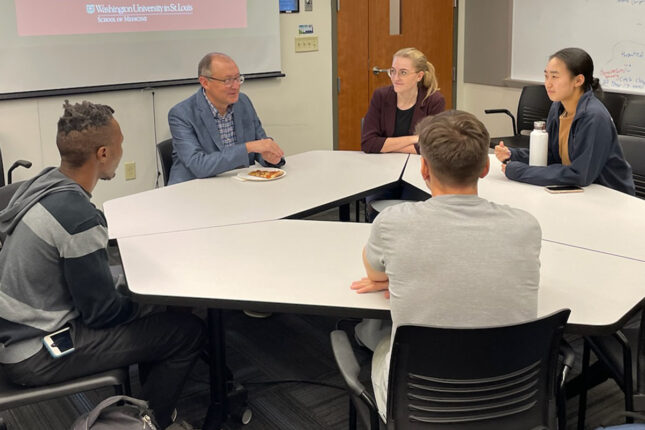
Separation
- Establish when the relationship should end
- Discuss next steps with your mentor
- Talk about future mentors
Click here for a printable, Working document of this list (no photos).
Krinsky, Hannah D., Yoon Kang, Kane O. Pryor, and Ruth Gotian. “Approaching Potential Mentors as a Medical Student.” Academic Medicine 98, no. 3 (March 2023): 422. https://doi.org/10.1097/ACM.0000000000005098.
Chopra, Vineet, Vineet M. Arora, and Sanjay Saint. “Will You Be My Mentor?—Four Archetypes to Help Mentees Succeed in Academic Medicine.” JAMA Internal Medicine 178, no. 2 (February 1, 2018): 175–76. https://doi.org/10.1001/jamainternmed.2017.6537.
Tjan, Anthony K. “What the Best Mentors Do.” Harvard Business Review, February 27, 2017. https://hbr.org/2017/02/what-the-best-mentors-do.
Zerzan, Judy T., Rachel Hess, Ellen Schur, Russell S. Phillips, and Nancy Rigotti. “Making the Most of Mentors: A Guide for Mentees.” Academic Medicine 84, no. 1 (January 2009): 140–44. https://doi.org/10.1097/ACM.0b013e3181906e8f.